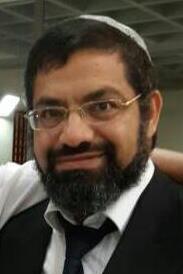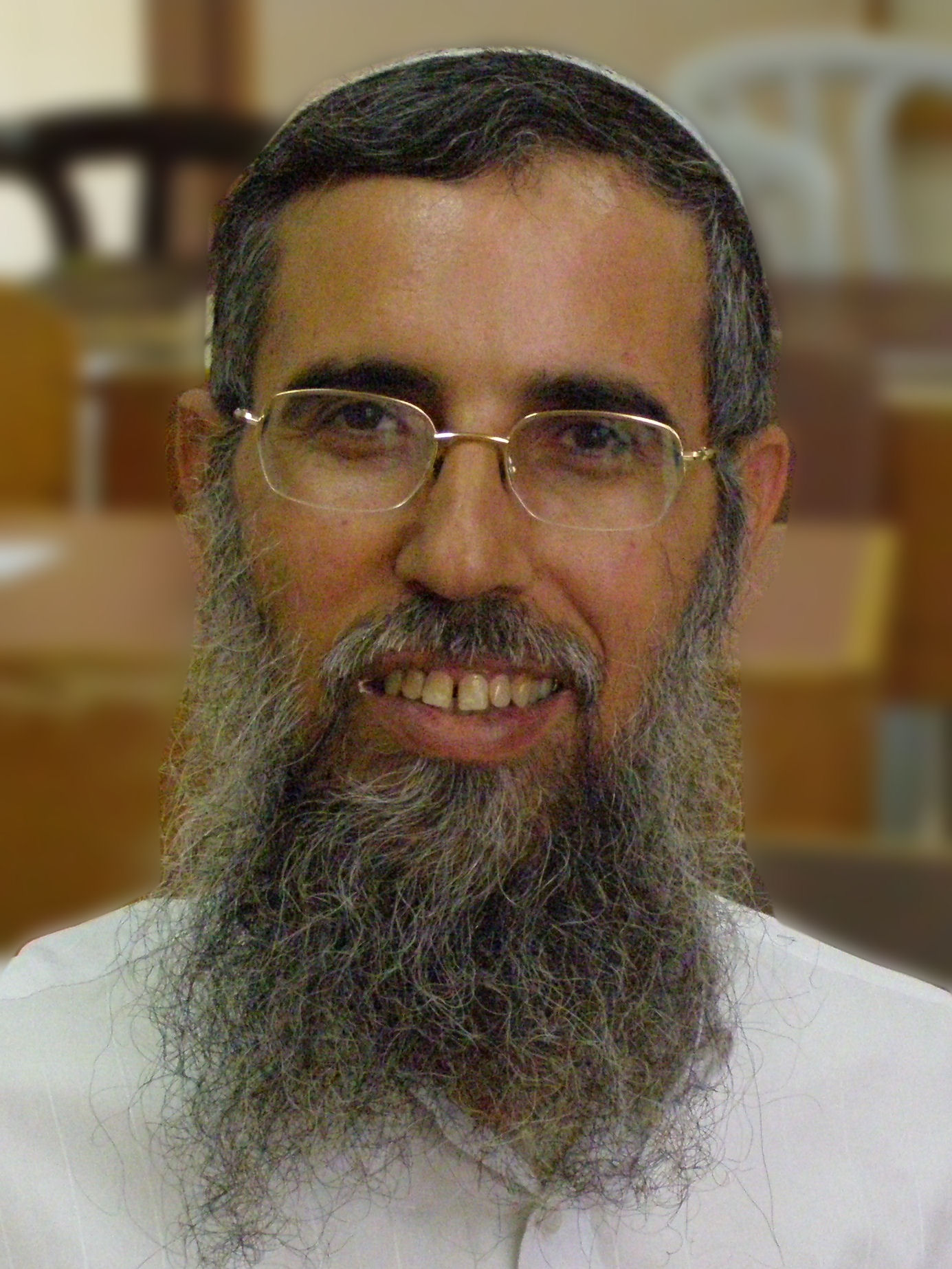“True Dreams and False Facades”- Yosef Hatzadik and Chanukah
By: Rav Shlomo Friedman
More than any other Biblical figure, Yosef Hatzadik lived a life that was centered on dreams. Already in his youth, he himself has the two dreams which generate aspirations to positions of leadership and greatness. After being sold into slavery, he eventually finds himself in prison, and it is there that he begins his career as an expert dream-interpreter. With divine assistance he is able to understand the meaning of the dreams of the שר המשקים and the שר האופים. Subsequently he finally rises to the position of power after succeeding where others failed. Only Yosef is able to decipher the message that G-d was transmitting to Pharoh, in the two related dreams of the cows and the stalks.
One might ask, what was it about the personality of Yosef which made him worthy of having such significant dreams and of having such special dream-interpreting abilities? Perhaps one can suggest the following.
On the surface, dreams seem to be based simply on the random thoughts and imagination of the individual, without their having any special significance or meaning. In fact the Talmud towards the end of מסכת ברכות does indicate that often that is the case. However, some dreams do have some hidden message and are a form of prophesy. What type of individual is worthy of having dreams which have depth and meaning? An individual who does not approach life in a superficial fashion and who understands that there is often a deeper meaning to the events of our lives. One that has the depth of understanding that there is a spiritual dimension to our existence, is also worthy of understanding the true message of those prophetic dreams- those dreams which are coming to impart divine messages.
Yosef Hatzadik was hated by his brothers who seemed to view his dreams of greatness, as childish delusions. Then, despite his pleadings, they try to kill him, and reconsider only when the option of selling him into slavery arises. (Rabbi Rivlin Shlit”a (who was the Mashgiach at KBY for many decades) even suggested that Yosef had basis for the suspicion that his father was aware of the brothers’ sinister plans. After all, Ya’akov sent Yosef to his brothers despite the fact that Ya’akov was well aware of the fact that the tribes felt great animosity towards him.) Therefore, we might have expected that once Yosef gets to Egypt, he would put his past behind him and would “start a new page”. He easily could have become part of Egyptian society without any concern for his family background. He could have allowed himself to give in to the pleadings and demands of Potiphar’s wife, without being bothered by the teachings and the spiritual demands which were all part of an earlier era- a period which he might be expected to try to forget. Nevertheless, Yosef never turned his back on his past, and never forget his true identity. Even as a servant in the house of Potiphar, Yosef was not willing to deviate from the high moral standards that he had been taught about many years ago, despite the enticing efforts and threats of Potiphar’s wife. Even as he sat as prisoner in the dungeon, he remembered that he was from ארץ העברים. Such an individual, who was able to look at the world through the prism of spirituality and was constantly aware that there was some G-dly plan that was the driving force of all that was happening to him, was certainly a worthy recipient of the gift of prophetic dreams, and a worthy conduit through which G-d would choose to express the prophetic meaning that was not obvious to those that saw things only on the superficial level.
Is the aforementioned thought related at all to Chanukah? It would seem that it certainly is. Our conflict with the Syrian-Greeks was largely a war in between radically different world views. The יוונים placed great emphasis on the physical body, and did not accept that the body is home to a holy נשמה. Similarly they were not willing to accept that there is any true difference between Jews and non-Jews. After all physically we look the same, and thus, presumably, in essence there is nothing that distinguishes us. Thus there is no reason that the Jewish people should not be willing to become part of Syrian-Greek civilization and culture which reigned supreme at that period in history. However, the חשמונאים and those who were faithful to the holyתורה , understood that the physical world and the physical body, are largely just a façade. Beneath the surface there is a נשמה and there are spiritual forces which are no less significant, and even more so, than the physical. Therefore the חשמונאים staunchly rejected the secular physical-oriented culture of the יוונים.
May the light of the מנורה help us see beyond the physical materialistic dimensions of the world, so that we, together with Yosef and the חשמונאים, will be זוכה to bring the great light of תורה and spirituality into our lives and the lives of others.
שבת שלום וחנוכה שמח!
Shiur ID: 9473
Do you have a comment or question on the shiur?
Comment below and we'll join the discussion
Add your comments:

.jpg)

.jpg)




